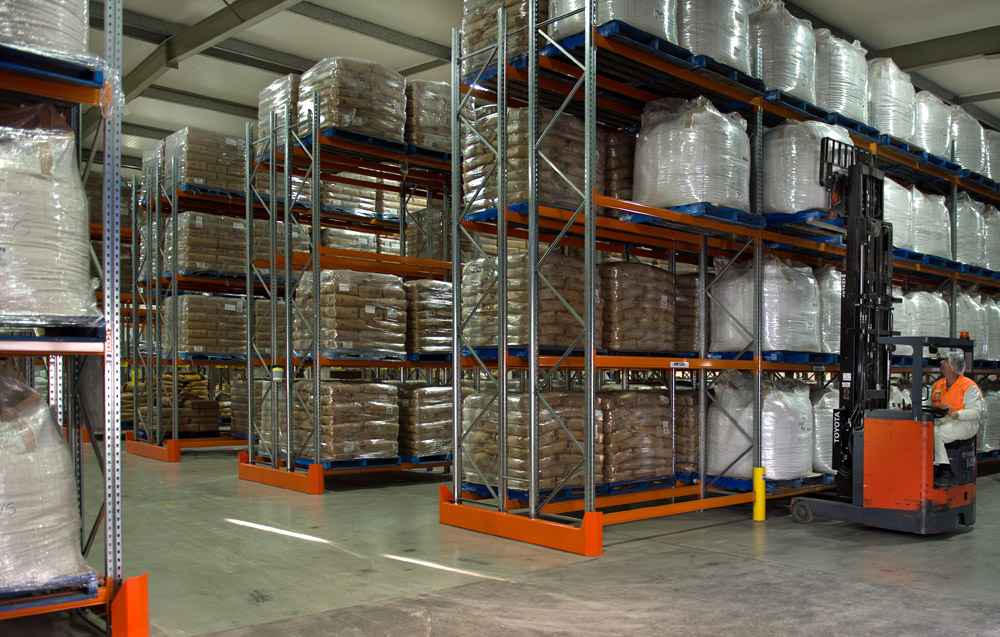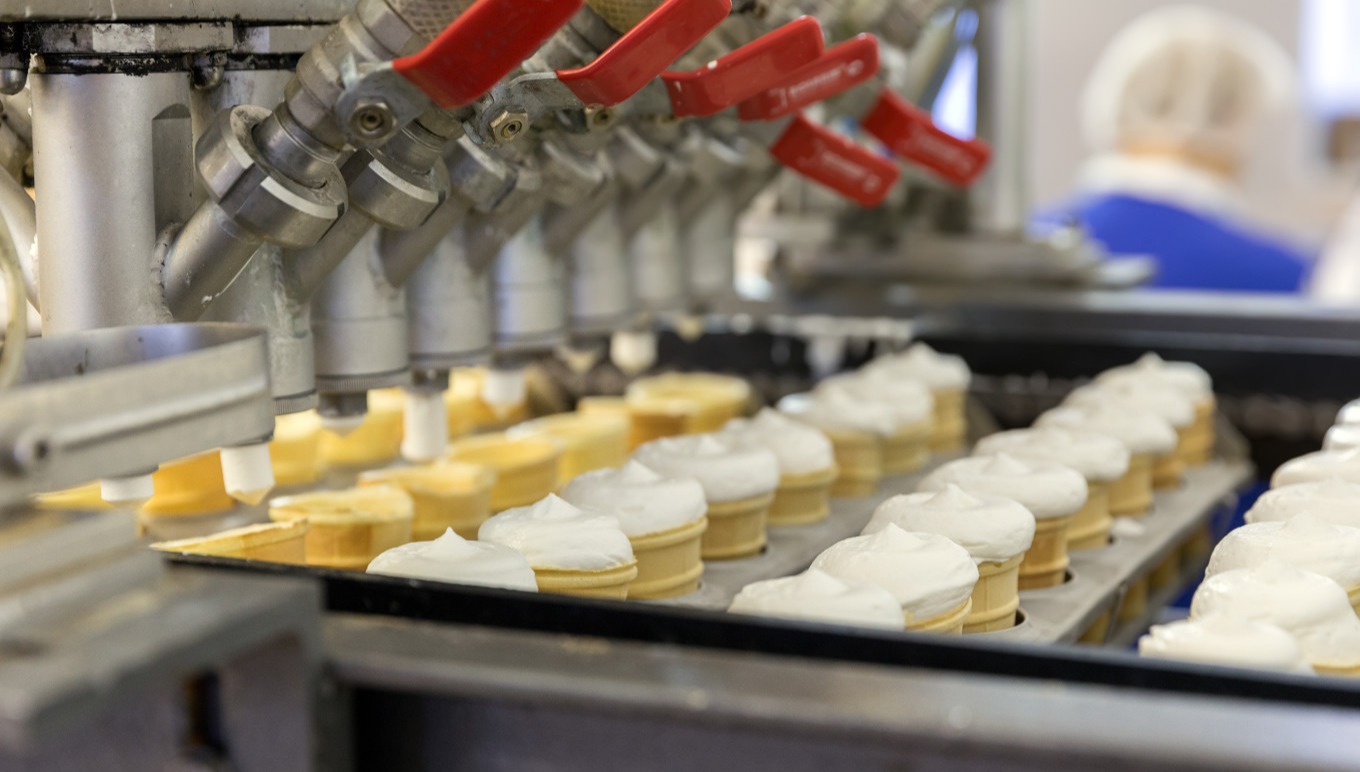Introduction
In today's swiftly advancing food https://wholesalefoodgroup.com.au/contract-food-manufacturing/ industry, companies are seeking lasting services to satisfy the expanding need for quality food while decreasing their ecological effect. Contract food manufacturing has become a viable alternative for business wanting to outsource their manufacturing requires while maintaining control over product advancement as well as quality assurance. This article explores the concept of contract food manufacturing in Australia and also its duty in promoting sustainability within the food industry.
The Surge of Contract Food Manufacturing in Australia
Understanding Contract Food Manufacturing
Contract food manufacturing is a calculated partnership in between a brand proprietor as well as a contract producer, where the latter generates items on behalf of the previous. This arrangement permits brand name owners to concentrate on advertising and marketing, item growth, and circulation while leveraging the proficiency as well as resources of specialized agreement manufacturers.
Benefits of Agreement Food Manufacturing
Cost Effectiveness: Contract food manufacturing eliminates the need for considerable capital investments in framework, tools, and also workforce. This cost-saving measure enables brands to assign their sources in the direction of other vital areas of company growth. Scalability: As need for a specific item changes, contract suppliers can quickly adjust production levels to suit market needs. This versatility makes certain that brand names can satisfy consumer demand without excess supply or wastage. Expertise as well as Advancement: Agreement suppliers typically have considerable expertise and also experience in details food classifications or processes. By collaborating with these specialists, brands can use their creativity as well as harness innovative services for item advancement and also improvement. Quality Assurance: With rigid quality assurance measures in position, agreement producers stick to industry requirements as well as regulative needs. This commitment to excellence guarantees that brands deliver risk-free and high-quality products to customers consistently. Supply Chain Monitoring: Contract food manufacturing streamlines the supply chain by consolidating production, product packaging, labeling, and distribution under one roof covering. This incorporated method lessens logistical complexities and boosts general operational efficiency.The Environmental Influence of Agreement Food Manufacturing
Reducing Carbon Footprint
Contract food manufacturing offers possibilities to lower the ecological effect of food production via different methods:
Efficient Resource Use: Contract manufacturers enhance source consumption by applying energy-saving methods, minimizing water use, and also reducing waste generation. These sustainable procedures contribute to a reduced carbon impact throughout the whole manufacturing process. Locally Sourced Components: By sourcing active ingredients from local vendors, agreement producers reduce transportation distances and associated emissions. This method supports regional economic situations while advertising sustainability within the supply chain. Eco-Friendly Packaging: Agreement food makers emphasize making use of environment-friendly product packaging materials, such as naturally degradable or recyclable options. This commitment to sustainable packaging decreases waste and also promotes accountable consumption.Embracing Renewable Energy
Contract food manufacturing centers in Australia are significantly taking on renewable energy resources to power their procedures. Photovoltaic panel, wind generators, and various other clean energy options help in reducing reliance on nonrenewable fuel sources as well as add to a greener future for the industry.
Addressing Sustainability Difficulties in Contract Food Manufacturing
Waste Monitoring as well as Reusing Initiatives
Contract food makers focus on waste monitoring through comprehensive recycling programs and waste decrease methods. By applying efficient waste partition systems, firms can divert significant quantities of waste from land fills and promote a circular economy.
Water Preservation Measures
Water shortage is a worldwide concern, and contract food suppliers play their part in resolving this obstacle. Business purchase water-saving modern technologies, such as sophisticated purification systems and water reuse campaigns, to reduce their freshwater consumption.

Collaboration with Lasting Suppliers
Contract food manufacturers actively seek partnerships with suppliers dedicated to lasting techniques. By prioritizing environmentally mindful providers, these firms make sure that their entire supply chain straightens with sustainability goals.
FAQs
What is contract food manufacturing? Contract food manufacturing describes the outsourcing of food production to specialized suppliers that produce products in support of brand owners.


How can contract food manufacturing benefit organizations? Contract food manufacturing uses expense efficiency, scalability, know-how, and also quality control to brand names wanting to concentrate on marketing and also distribution.
How does contract food manufacturing promote sustainability? By enhancing source usage, welcoming renewable energy, and carrying out waste monitoring and reusing campaigns, contract food manufacturing minimizes its environmental impact.
What are some lasting product packaging choices in contract food manufacturing? Environment-friendly product packaging products such as biodegradable or recyclable alternatives are frequently utilized in contract food manufacturing to lower waste.
How do contract food makers save water? Contract food suppliers invest in water-saving technologies and execute water reuse efforts to decrease their freshwater consumption.
What role does partnership with lasting distributors play in contract food manufacturing? By partnering with eco aware vendors, agreement food producers guarantee that their entire supply chain straightens with sustainability goals.
Conclusion
Contract food manufacturing offers a sustainable option for companies looking for to satisfy the expanding demand for high quality food products while decreasing their environmental effect. By leveraging the expertise of specific manufacturers and taking on eco-friendly techniques, brand names can contribute to a greener future for the Australian food sector. Accepting sustainability not only benefits the atmosphere yet additionally boosts brand track record and customer rely on a progressively conscious market.